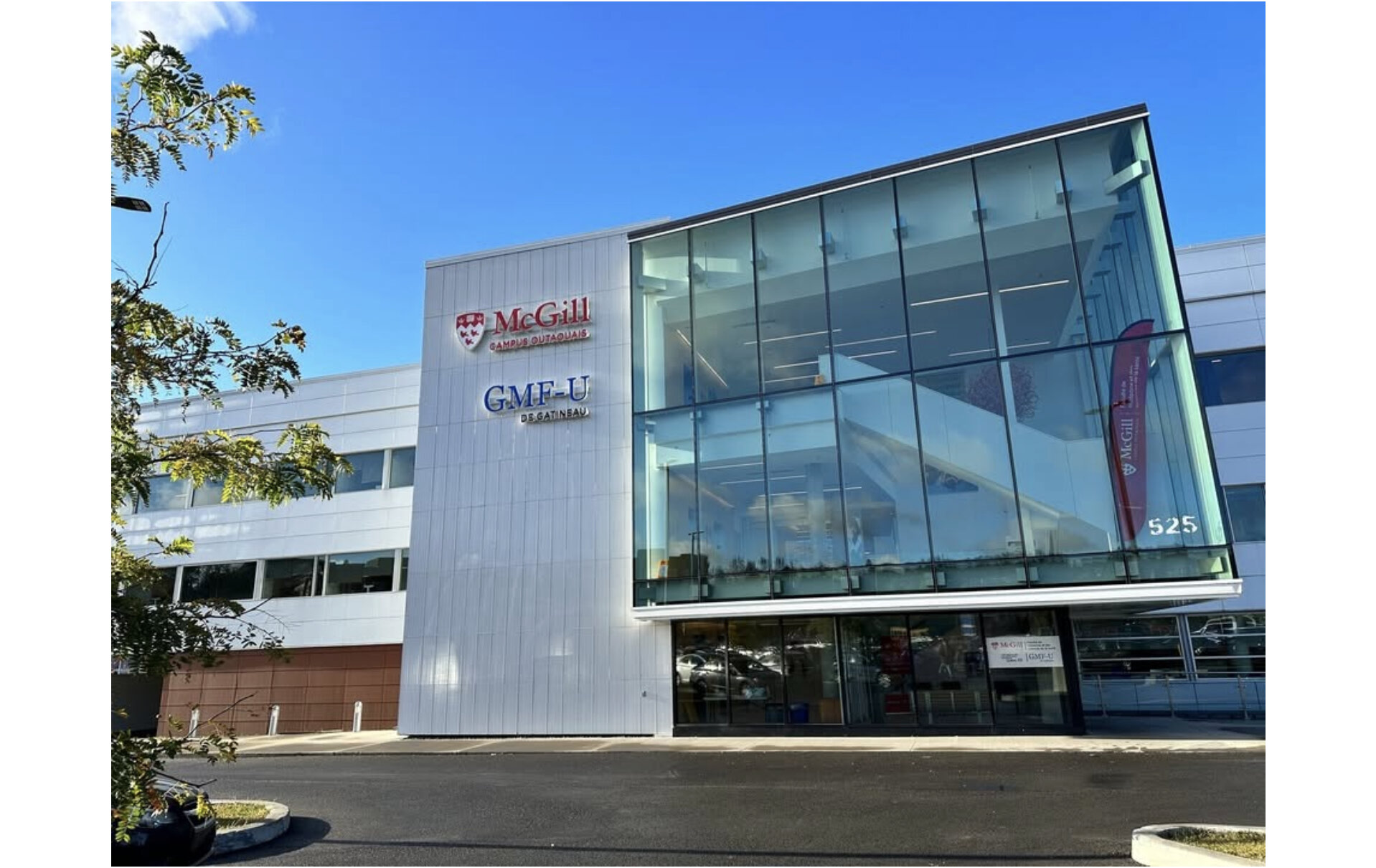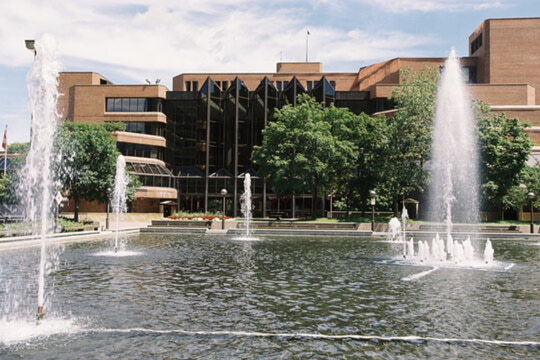Bill 83 aims to keep doctors in public system — could the move backfire?
Tashi Farmilo
Quebec’s effort to plug the growing holes in its public healthcare system is raising new concerns about whether the province is helping—or hurting—itself in the long run.
Bill 83, tabled by Health Minister Christian Dubé, would force all newly licensed physicians to work exclusively in the public system for the first five years of their careers. Those who refuse could face fines of up to $200,000. “We are acting on both fronts: improving our public healthcare network while regulating private practice,” Dubé said. “That’s our priority: protecting access for patients.”
But as the bill makes its way through the National Assembly, critics from the medical, academic and political communities are warning the law may drive new doctors out of the province entirely.
Since 2020, the number of Quebec doctors opting out of the public plan has jumped by 70 per cent. More than 1,400 medical graduates left the province in 2023 alone. Only 273 moved in from other provinces. Among English-speaking graduates from McGill University, the outflow was especially pronounced.
Jason Clement, Associate Director of Communications at McGill’s Faculty of Medicine and Health Sciences, said that while the intent behind the bill is understandable, its impact on recruitment and retention remains uncertain. “It’s difficult to predict how measures like these will influence student choices,” Clement said. “But our job is to ensure they receive the best training possible and feel actively engaged in the communities where they learn.”
Clement said McGill remains committed to the public system and is actively building pathways that make public practice more attractive to graduates—especially in regions like the Outaouais, where McGill’s satellite campus is located.
“Outaouais stands out as a dynamic and stimulating place for both training and medical practice,” he said. “It’s one of the few regions in Quebec where students can experience both urban and rural care, especially in family medicine. We’re focused on close supervision, real integration into local communities, and giving future doctors a meaningful experience on the ground.”
He added that these efforts are more effective than compulsion: “We agree on the importance of strengthening the public system. But long-term retention requires more than obligation—it requires conditions that allow physicians to thrive.”
Opposition parties at the National Assembly have echoed those concerns. Pontiac MNA André Fortin, the Official Opposition Critic for Health, said the bill could backfire. “The idea of encouraging public practice is good and necessary,” Fortin said. “But the CAQ government’s methods are counterproductive.” He pointed out that even the Collège des médecins, whose mandate is to protect the public, urged the government to withdraw the clause that would prevent Quebec students from doing their residency outside the province.
“There is a real risk that the best medical students will choose other jurisdictions,” Fortin said. “If the government truly wants to support public practice, there are many other options. For example, prevent private doctors from charging more than what they would receive in the public system. That’s already done in Alberta—and it works.”
He also suggested cutting administrative burdens and making better use of existing hospital resources. “We need to make sure our operating rooms are actually being used. That means having the support staff in place. The solutions are there.”
The bill arrives as Quebec continues to struggle with access to primary care. One in five residents lacks a family doctor—the highest rate in Canada. Of those who do have a doctor, only about a quarter report being able to get same-day or next-day appointments.
At the same time, the province is facing an aging medical workforce and a growing number of unfilled residency spots. In 2024, over 90 per cent of Canada’s unfilled family medicine residencies were in Quebec.
“This is a moment that requires collaboration, not coercion,” Clement said. “If we want our graduates to stay, we have to give them a system worth staying for.”






